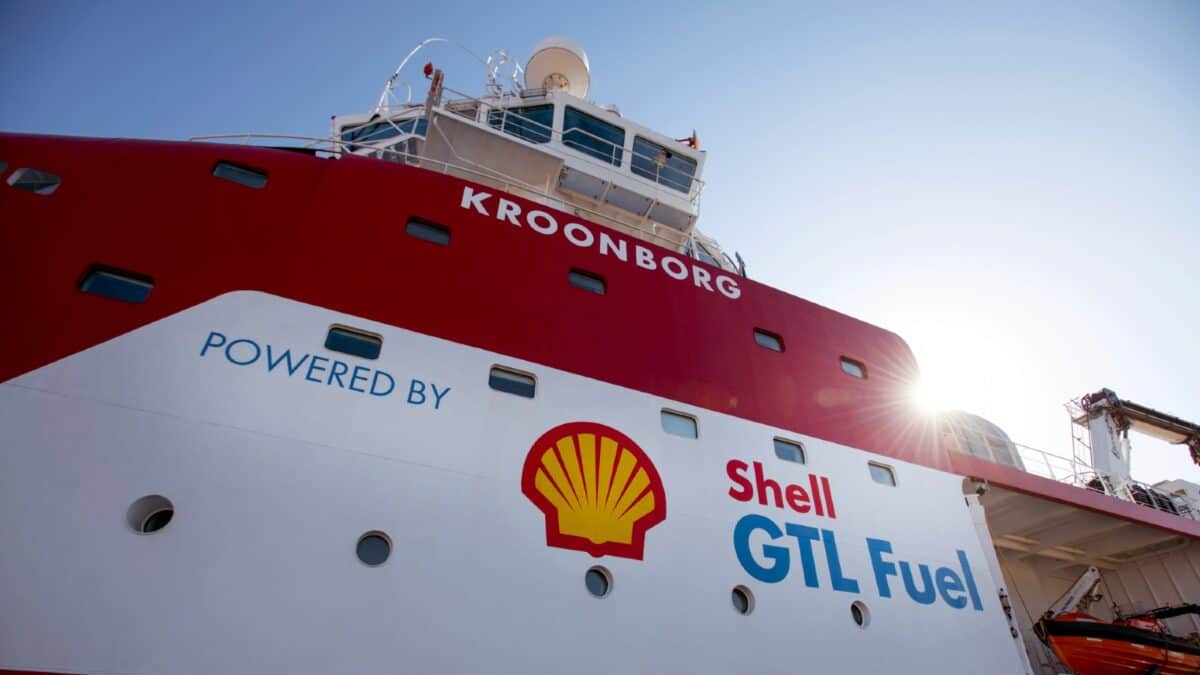After a strong run, the Shell (LSE: SHEL) share price has been sliding over the last month, and no prizes for guessing why. Like rival FTSE 100 energy giant BP, its shares tend to rise and fall with the oil price.
It’s not an exact correlation, but it’s pretty close. Both shares went gangbusters during the energy shock, when oil rocketed past $120 a barrel. And they climbed again when Middle East tensions threatened Red Sea shipping.
Brent crude has just slipped below $80 a barrel to trade at $77.46, at time of writing. That’s a sharp fall from almost $95 last September.
FTSE 100 stock opportunity
Commodity stocks like Shell tend to be cyclical. With that in mind, I resisted buying its shares when they flew to the moon in the aftermath of Vladimir Putin’s invasion of Ukraine. I chose to bide my time and wait for the downturn. So is this it?
Shell’s pre-tax profits plunged almost 50% to $32.6bn in 2023, as energy prices retreated from their highs. Yet the stock isn’t exactly on the ropes. It’s up 21.51% over the last year. Over three years, it’s bounced a bumper 98.58%.
The stock still looks nicely priced, trading at 8.72 times forward earnings. There’s an opportunity here, especially for a long-term buy and hold investor like me.
Shell’s trailing yield of 3.6% is slightly below the FTSE 100 average of 3.8%. I can find plenty of UK blue-chips that offer much higher income. However, many are crowded into the financial services sector, and I need to diversify.
Also, that should climb over time. Shell shares are forecast to yield 4.14% in 2024, generously covered three times by earnings.
And let’s not forget share buybacks. Shell makes so much money, with revenues forecast to top $317bn in 2024, that it can’t invest it all back into the business. After reporting better than expected first quarter profits of almost $8bn, it’s buying another $3.15bn of its own shares in Q1.
Share buyback potential
Buybacks support the share price and allow the board to return cash to shareholders in a tax-efficient way. If the board cancels its repurchased stock, that drives up earnings per share and makes performance look better.
Typically, boards launch buybacks when company shares are trading at less than their intrinsic value, which Shell is today, in my view. It’s also the view of broker Berenberg. Last month, encouraged by positive Q1 results and the group’s focus on cost and capital discipline, it raised its target price for Shell from 2,950p to 3,400p.
That would mark a 22% increase on today’s share price of 2,787.5p. Berenberg is also confident about Shell’s dividend potential, noting that 12% free cash flow yield underpins this year’s anticipated 10% total cash return to shareholders.
There are risks in buying Shell today. With a global economy struggling, oil could slide further. Cash-strapped politicians may spot its huge profits and demand yet more windfall taxes. The energy transition is tricky politically, while investing in renewables is riskier than simply pumping out more oil and gas.
Yet I’ll buy Shell shares when I have the cash. The lower the oil price, the keener I’ll be to get stuck in.






